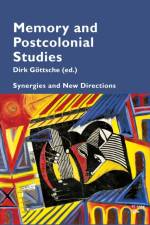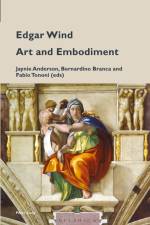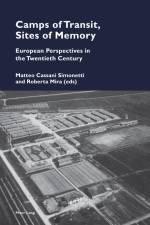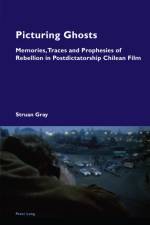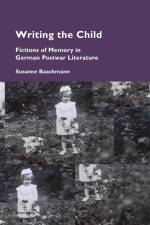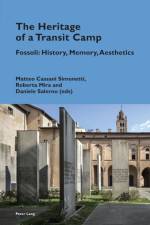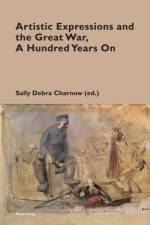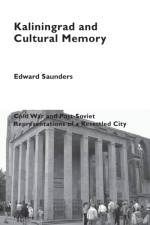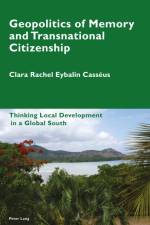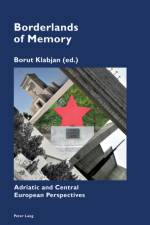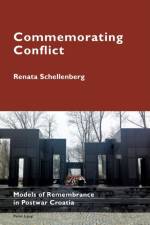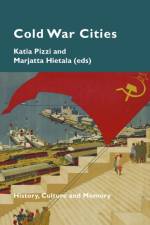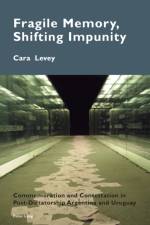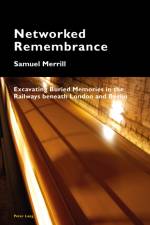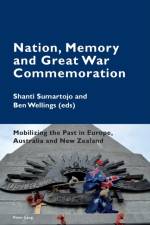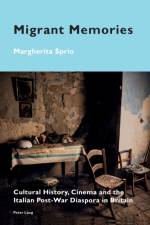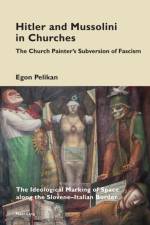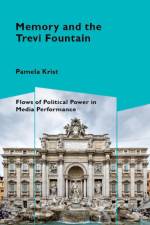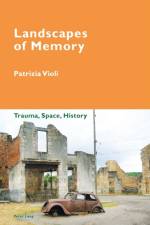av Matteo Cassani Simonetti
651
«Multidisciplinary and comparative, Camps of Transit, Sites of Memory brings new materials and approaches to the study of Fascist, wartime and postwar concentration and transit camps in Italy, as well as their legacies. An essential volume for the continuing study of this complex subject.»(Professor Mia Fuller, University of California, Berkeley)Camps and places of transit assume relevance in certain contexts and in relation to specific events of the contemporary age: from genocide to voluntary or forced migration, from camps for prisoners of war to the management of refugees in conflicts or catastrophes. In the phases of transition to normality that follow such events, places of transit can be used for different, sometimes opposing purposes, such as the control and/or elimination of certain social groups, or as the protection of persons for humanitarian aims.This volume investigates the relationship between camps and places of transit from three main perspectives: the history of transit camps in various countries and times; the relationship between such spaces, whose architectural characterization is fragile and difficult to recognize, and the great memorial and symbolic relevance of them; and, finally, the concepts of transit and camp, and changes in the meaning of such places and the memorial and educational practices related to them.With contributions by Antonis Antoniou, John R. Barruzza, Chiara Becattini, Vando Borghi, Matteo Cassani Simonetti, Francesco Delizia, Robert S. C. Gordon, Ivano Gorzanelli, Hans-Christian Jasch, Borbála Klacsmann, Andrea Luccaroni, Marco Minardi, Roberta Mira, Elena Pirazzoli, Francesca Rolandi, Laurence Schram, Claudio Sgarbi, Andrea Ugolini and Riki Van Boeschoten.

